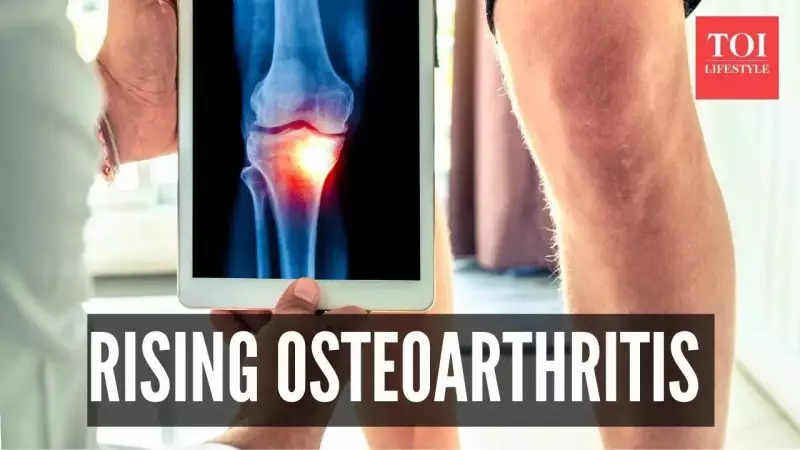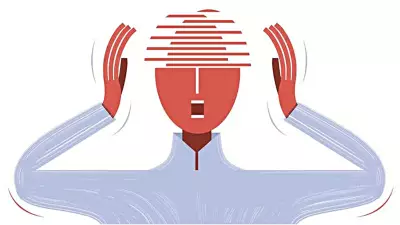
Think arthritis is just your grandparents' problem? Think again. Medical experts across India are sounding the alarm about a disturbing trend: osteoarthritis, traditionally considered an "old age" disease, is now striking people in their 20s and 30s with alarming frequency.
The Silent Epidemic Affecting Young India
Hospitals and orthopedic clinics are witnessing a significant surge in young patients complaining of persistent joint pain, stiffness, and mobility issues - classic symptoms of osteoarthritis that are appearing decades earlier than expected.
What's Driving This Alarming Trend?
Medical researchers point to several key factors contributing to this healthcare crisis:
- Sedentary Lifestyle Pandemic: Desk jobs, reduced physical activity, and excessive screen time are weakening joints and muscles
- Obesity Crisis: Excess body weight puts tremendous pressure on weight-bearing joints like knees and hips
- Sports Injuries Gone Wrong: Improperly treated joint injuries from sports or accidents can trigger early degeneration
- Poor Nutrition: Diets lacking essential nutrients for bone and joint health
- Genetic Predisposition: Family history playing a role in some cases
Warning Signs Every Young Adult Should Know
Don't ignore these early red flags:
- Persistent joint pain that lasts more than a few weeks
- Morning stiffness that takes time to wear off
- Swelling or tenderness around joints
- Reduced range of motion or difficulty moving
- A grinding sensation or sound in joints
Prevention Is Better Than Cure
The good news? Early-onset osteoarthritis is largely preventable with lifestyle modifications:
- Maintain healthy body weight to reduce joint stress
- Incorporate regular, joint-friendly exercises like swimming and cycling
- Practice proper posture during work and daily activities
- Include calcium and vitamin D rich foods in your diet
- Don't ignore joint injuries - seek proper medical treatment
Medical professionals emphasize that early diagnosis and intervention can significantly slow disease progression and preserve joint function for years to come. If you're experiencing persistent joint issues, consult an orthopedic specialist immediately - your future mobility depends on it.





